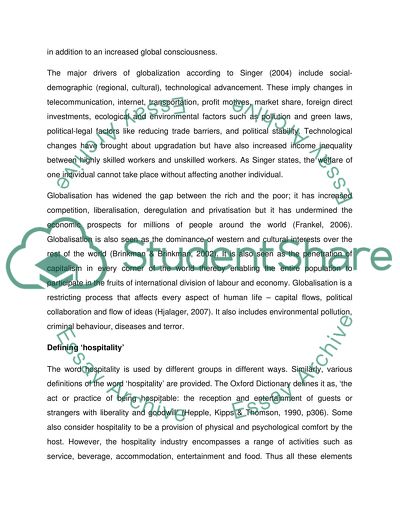Cite this document
(“The impact of globalization Essay Example | Topics and Well Written Essays - 2750 words”, n.d.)
Retrieved from https://studentshare.org/history/1428914-the-impact-of-globalization
Retrieved from https://studentshare.org/history/1428914-the-impact-of-globalization
(The Impact of Globalization Essay Example | Topics and Well Written Essays - 2750 Words)
https://studentshare.org/history/1428914-the-impact-of-globalization.
https://studentshare.org/history/1428914-the-impact-of-globalization.
“The Impact of Globalization Essay Example | Topics and Well Written Essays - 2750 Words”, n.d. https://studentshare.org/history/1428914-the-impact-of-globalization.


